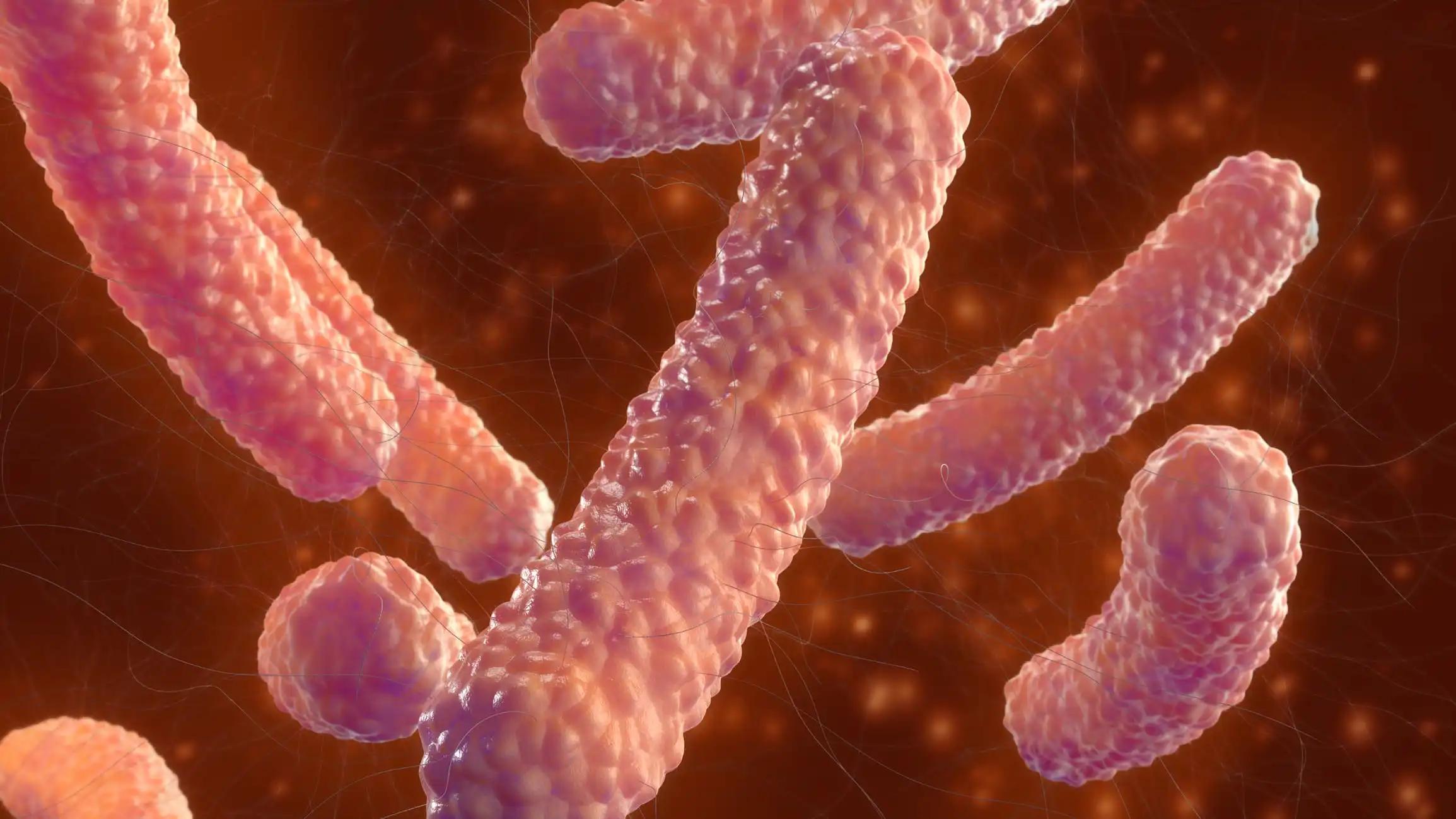KEY TAKEAWAYS
- The Phase III KEYNOTE-057 trial evaluated the efficacy and safety of rogaratinib, an oral pan-FGFR1-4 inhibitor, in advanced UC patients.
- The study’s primary aim was to compare the survival rate of patients who received rogaratinib to those who received chemotherapy after platinum-based treatment.
- Subjects were randomized to receive either rogaratinib or chemotherapy after undergoing at least one prior platinum-containing regimen.
- The ORRs for rogaratinib and chemotherapy were similar, with a median overall survival of 8.3 months and 9.8 months.
- An exploratory analysis revealed the presence of FGFR3 DNA alterations and elevated levels of FGFR1/3 mRNA.
- The study demonstrated that FGFR-targeted therapy with rogaratinib is comparable in efficacy and safety to chemotherapy in patients diagnosed with FGFR-altered UC
The oral pan-fibroblast growth factor receptor (FGFR1-4) inhibitor, Rogaratinib, exhibited encouraging phase I efficacy and safety outcomes among patients diagnosed with advanced urothelial carcinoma (UC) with FGFR1-3 mRNA overexpression. The efficacy and safety of rogaratinib were compared to chemotherapy in individuals with advanced/metastatic UC who had previously undergone platinum chemotherapy and tested positive for FGFR mRNA. The FORT-1 study, identified by ClinicalTrials.gov as NCT03410693, was a randomized, open-label trial conducted in phase II/III. Subjects diagnosed with FGFR1/3 mRNA-positive locally advanced or metastatic urothelial carcinoma (UC) and who have undergone at least one prior platinum-containing regimen were subjected to a random assignment (1:1) to receive either rogaratinib (800 mg orally twice daily, 3-week cycles; n = 87) or chemotherapy (docetaxel 75 mg/m2, paclitaxel 175 mg/m2, or vinflunine 320 mg/m2 intravenously once every 3 weeks; n = 88). The principal outcome measure was the survival rate of the subjects, with an intended analysis of the objective response rate (ORR) after phase II accumulation. Due to the similar effects observed among the treatments, the enrollment process was terminated before the commencement of phase III. A comprehensive interim analysis of phase II was conducted.
The observed response rates (ORRs) for rogaratinib and chemotherapy were 20.7% (18 out of 87; 95% CI, 12.7 to 30.7) and 19.3% (17 out of 88; 95% CI, 11.7 to 29.1), respectively. The median overall survival was 8.3 months (95% CI, 6.5 to not estimable) and 9.8 months (95% CI, 6.8 to not estimable) with a hazard ratio of 1.11 (95% CI, 0.71 to 1.72; P = .67). Grade three or four events were observed in 37 patients, accounting for 43.0% of the total, and in four patients, accounting for 4.7% of the total. The corresponding figures for grade three or four events in grade 3/4 were 32 patients (39.0%) and 15 patients (18.3%), respectively. There were no fatalities associated with rogaratinib. The results of the exploratory analysis on patients with FGFR3 DNA alterations indicate that the ORRs for rogaratinib and chemotherapy were 52.4% (11/21; 95% CI, 29.8 to 74.3) and 26.7% (4/15; 95% CI, 7.8 to 55.1), respectively. This is the primary set of data that compares the efficacy and safety of FGFR-targeted therapy with chemotherapy in patients diagnosed with FGFR-altered UC, indicating similar effectiveness and controllable safety. Based on the results of the exploratory testing, the presence of FGFR3 DNA alterations in conjunction with elevated levels of FGFR1/3 mRNA expression may serve as more effective indicators of the potential response to rogaratinib.
Source: https://pubmed.ncbi.nlm.nih.gov/36240478/
Clinical Trail: https://clinicaltrials.gov/ct2/show/NCT03410693
Sternberg CN, Petrylak DP, Bellmunt J, Nishiyama H, Necchi A, Gurney H, Lee JL, van der Heijden MS, Rosenbaum E, Penel N, Pang ST, Li JR, García Del Muro X, Joly F, Pápai Z, Bao W, Ellinghaus P, Lu C, Sierecki M, Coppieters S, Nakajima K, Ishida TC, Quinn DI. FORT-1: Phase II/III Study of Rogaratinib Versus Chemotherapy in Patients With Locally Advanced or Metastatic Urothelial Carcinoma Selected Based on FGFR1/3 mRNA Expression. J Clin Oncol. 2023 Jan 20;41(3):629-639. doi: 10.1200/JCO.21.02303. Epub 2022 Oct 14. PMID: 36240478; PMCID: PMC9870218.



